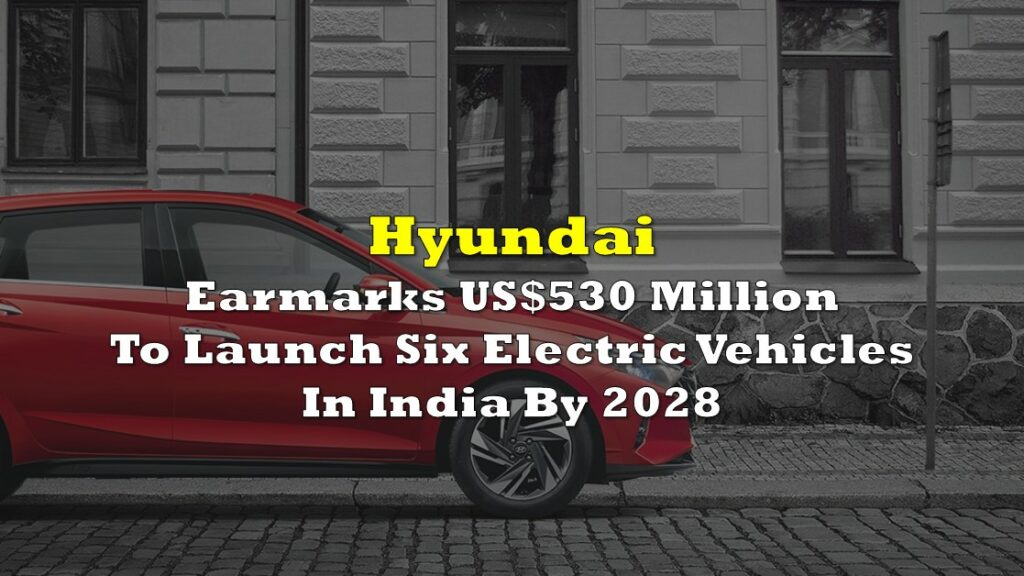Chicago Mayor Brandon Johnson is taking decisive action to address the escalating car theft crisis in the city: legal action against major automakers.
The city has recently initiated a civil lawsuit against Kia Corp. and Hyundai Motor Co., alleging that these automakers neglected to incorporate engine immobilizers in various models, contributing to a significant uptick in vehicle thefts, reckless driving, property damage, and a spectrum of related violent crimes within Chicago, as stated in a release issued on Thursday.
Thefts involving Kia and Hyundai vehicles have surged nationwide following revelations of security vulnerabilities propagated on social media, leading to what is now colloquially known as the “Kia Challenge,” where individuals livestream their theft attempts. Notably, over 20 state attorneys across the United States have urged Hyundai and Kia to bolster their anti-theft measures, with New York Mayor Eric Adams attributing the problem to the influence of social media on young people.
Chicago has borne the brunt of this vehicular theft epidemic, which took flight during the pandemic, compounding broader concerns regarding rising crime rates, including carjackings.
This year alone, more than 19,000 cars have been stolen in Chicago, a staggering doubling of last year’s statistics and threefold higher than those recorded in 2019. Shockingly, the city reported an alarming surge in Kia and Hyundai vehicle thefts in the latter half of 2022, jumping from a mere 500 in the first six months of the year to a staggering 8,350 cases.
Chicago Mayor Brandon Johnson, who assumed office just over 100 days ago, lamented, “A citywide and nationwide crime spree around automobile theft has been unfolding right before our eyes.”
Kia responded to the lawsuit, as well as others filed by municipalities, by dismissing them as “without merit.” Kia cited the NHTSA’s decision and emphasized its efforts to encourage customers to install the software update, along with distributing free steering wheel locks. The company noted that 65,000 vehicles have received the update, and it has distributed 19,000 locks.
Hyundai similarly expressed its dedication to assisting affected customers and communities, noting that dealerships are working diligently to install the anti-theft software. Furthermore, engine immobilizers are now a standard feature in all Hyundai vehicles produced since November 2021.
The failure to address this surge in violence played a significant role in former Mayor Lori Lightfoot’s loss during this year’s mayoral election. She became the first mayor since 1983 to lose a reelection bid.
In its lawsuit, Chicago alleges that South Korean automakers Hyundai and Kia, the latter operating largely independently but owned by Hyundai, neglected to include anti-theft technology in numerous car models—a glaring omission responsible for the dramatic rise in vehicle thefts and associated crimes in Chicago.
The lawsuit underscores that while engine immobilizers—a security feature requiring a special chipped key to transmit an encrypted signal for ignition—are standard in most cars sold in the U.S., they are notably absent in a considerable number of Kia and Hyundai vehicles sold in the country.
Chicago asserts that this omission has led to a full-blown car theft crisis, highlighting that in 2022 alone, over 8,800 Kia and Hyundai vehicles were stolen in Chicago, constituting a staggering 41% of the city’s total car thefts for the year. This is despite Kia and Hyundai vehicles making up just 7% of the cars in the city.
The lawsuit, filed in an Illinois state court, seeks to impose fines on the two companies, compel them to pay damages to the city, and secure an injunction preventing the companies from advertising their vehicles as having top safety features. The city is also demanding a jury trial.
Chicago joins a growing list of cities suing Kia and Hyundai over similar grounds. In March, Milwaukee, Wisconsin, filed a lawsuit against the two automakers after witnessing a surge in thefts of Kia and Hyundai vehicles, according to the Milwaukee Journal-Sentinel. In June, New York City also initiated lawsuits against the companies, as reported by USA Today, with both cases still pending.
Furthermore, the companies settled a separate class-action lawsuit for $200 million, providing cash compensation to customers for theft-related expenses not covered by insurance, including insurance deductibles, increased premiums, and other theft-related costs.
Information for this briefing was found via Forbes and the sources mentioned. The author has no securities or affiliations related to this organization. Not a recommendation to buy or sell. Always do additional research and consult a professional before purchasing a security. The author holds no licenses.









